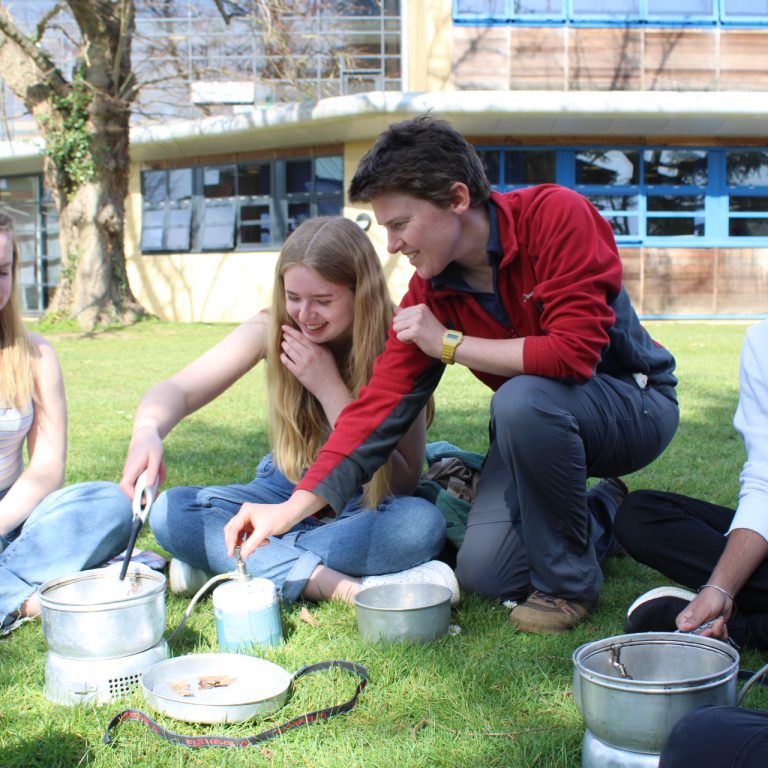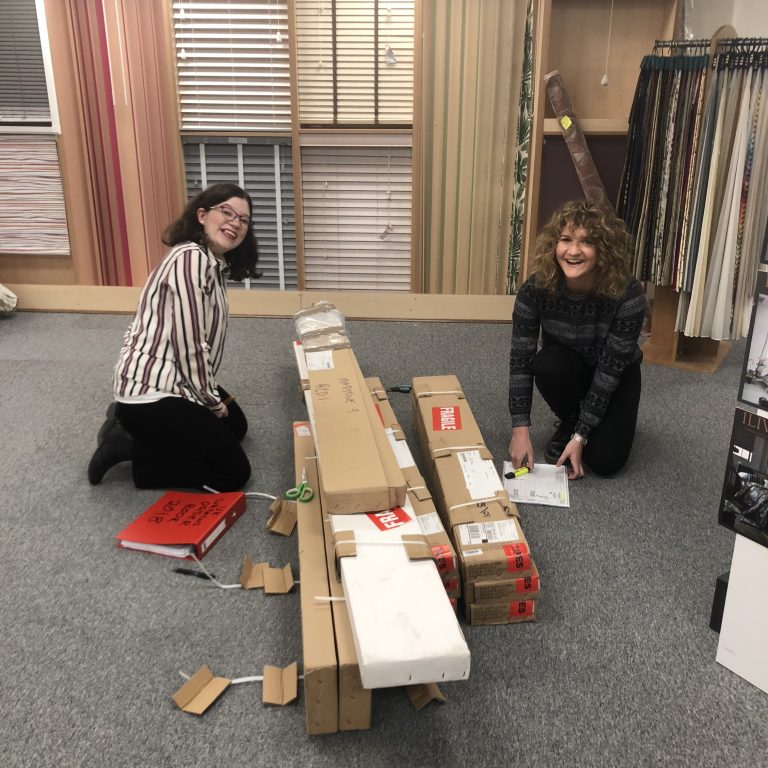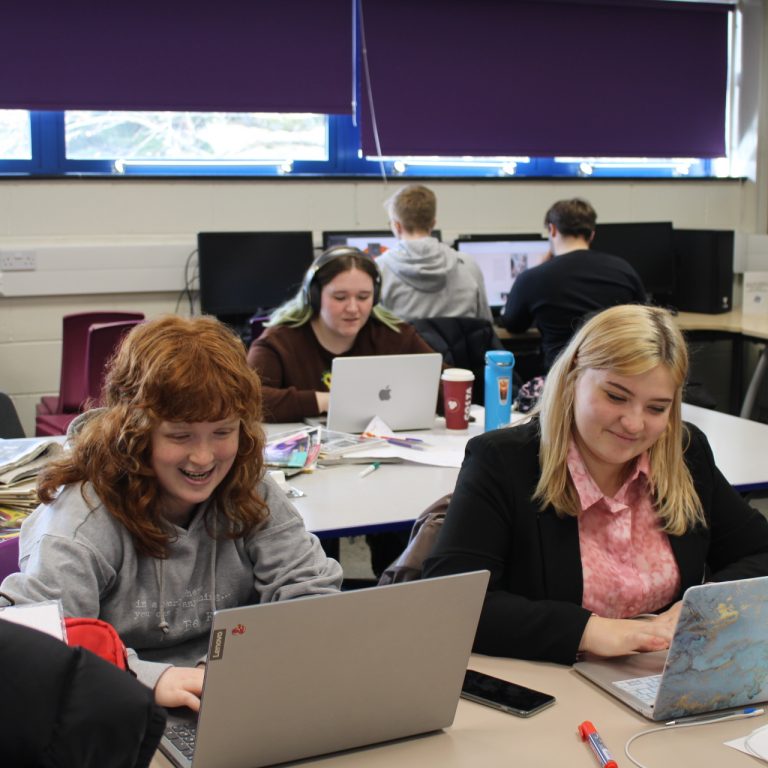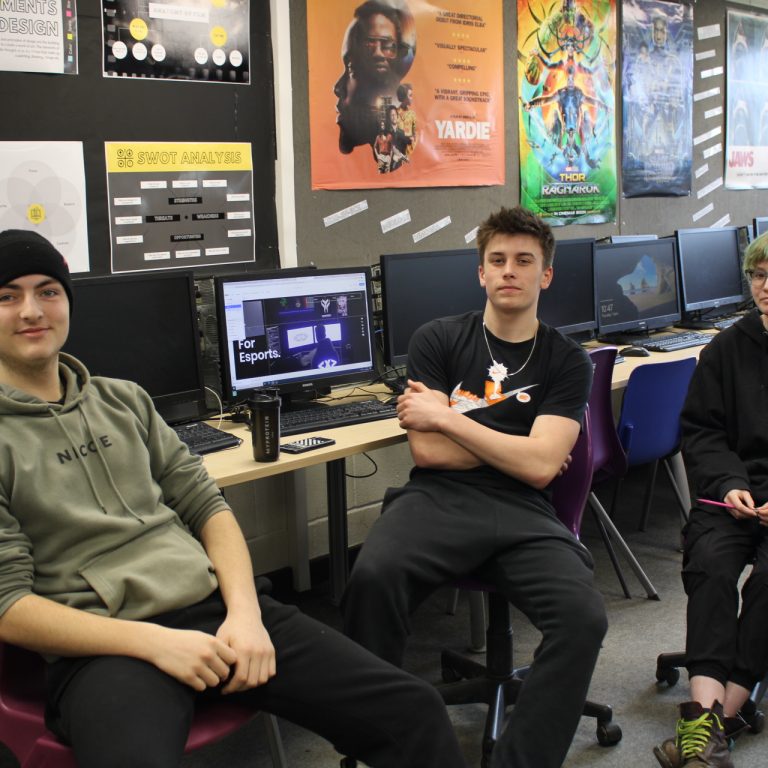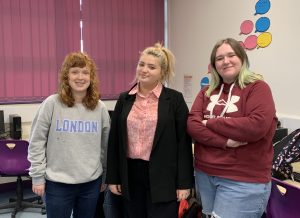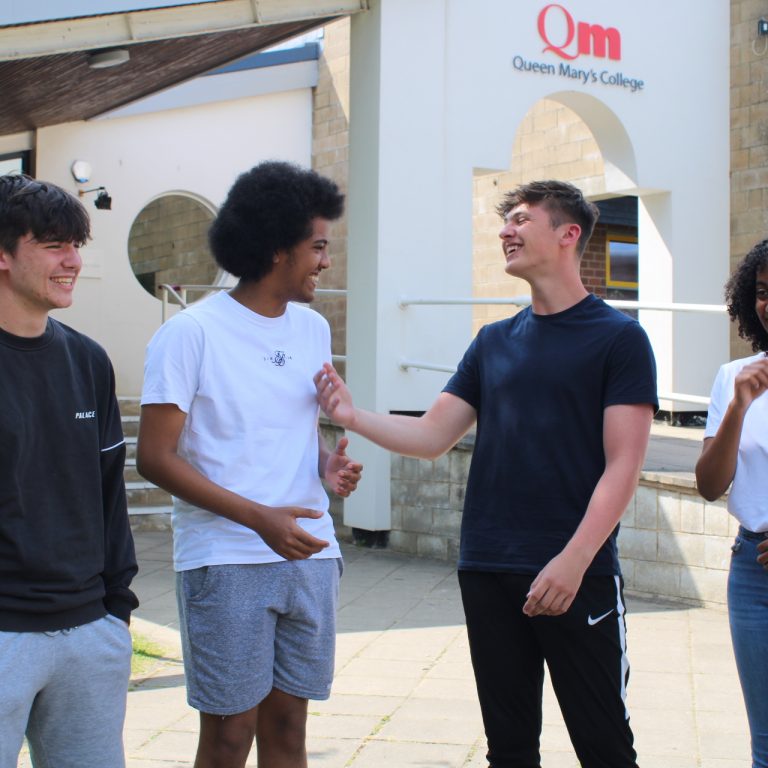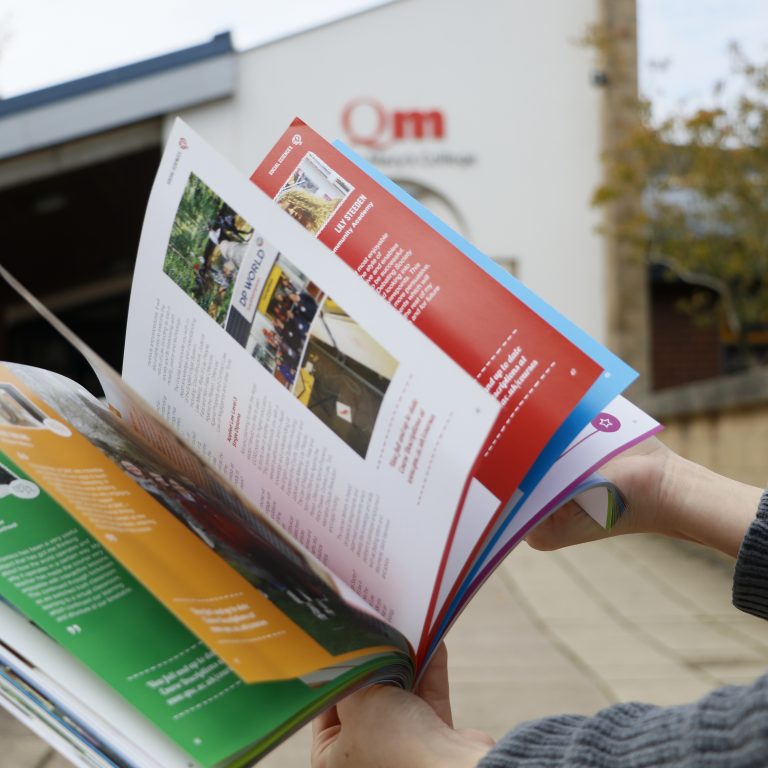Taeshayla Marie Copage
At QMC, I am studying Biology, Chemistry, Psychology and an EPQ in perspectives on science.
What kind of Virtual Work Experience did you take part in?
I have taken and am currently still taking part in Medic Mentor’s virtual work experience for aspiring medics.
What did you think of the work experience?
I think Medic mentor’s virtual work experience is so amazing as doctors and health care professionals have given up their time, even in this pandemic, to make this for work experience for us. I think the case scenarios are so amazing to watch as you really get an insight into how the doctors and specialists handle each situation and how they interact with each as part of a multidisciplinary team and you are taken on a journey on the patient’s recovery which is very satisfying to see. Even though it is virtual, there is still the element of interactivity, as if we are really there as it is live and we are able to ask questions to the doctors in real time using slido and we even get to take part in quizzes which is so fascinating as we get to learn new information! For example, I learnt that a GP consultation is only allowed to take 10 minutes. Also, what is so valuable about this work experience is that each scenario incorporates the skills of a doctor. For example, so far, we have seen team work, communication skills and leadership in already and we are only half way through.
Was it beneficial?
I think this work experience is so beneficial as not only do we get to understand in depth about different roles of doctors in their specialty e.g., GP or Intensive care specialists, but also, we get to see the key skills of a doctor being shown and how the doctors interact with their patients, which is so valuable as when we become doctors, we can use this work experience and apply it for the future, remembering the key skills of a doctor. As well as seeing the skills of a doctor, which is very important for aspiring students like myself to understand. Another great thing is that we have breakout sessions which really helps to consolidate what we can take way from each session that can be written about in our personal statement and the homework activities are so beneficial as it allows us to practice reflecting use Gibbs reflective cycle on the session we have seen. It is also very beneficial as for each session, the doctors give you new knowledge e.g., about Gillick competence and so gives you potential ideas for wider reading, which is also very important in interviews to show commitment to the subject.
What did you learn?
Taking part in this work experience has taught me a lot. For example, the different areas you can go into with medicine which I didn’t realize before how broad it is. I also learnt the key skills of a doctor, the NHS constitutional values and the quality-of-care domains, including the four ethical pillars which must be abided in the work of a doctor. This is very useful as this knowledge can be used not only for interview practice when trying to get into medicine at University as the interviewers will expect students to know the ethical principles in healthcare and the key skill of a doctor, but also can be used when practicing the works of a doctor, to always keep these ideas in mind to ensure the best care is given to the patient. So not only is the work experience so relevant but also so inspiring as it motivates you to want to become a doctor. I also learnt the Gibbs reflective cycle, which is the way that doctors themselves reflect and this is so beneficial to learn as this concept can be used when writing personal statements, which is great preparation practice when getting into higher education and when we become doctors, we will be using this, again emphasizing the relevance of this programme. I have also learnt invaluable insights from medical professionals themselves, discussing their career and giving a real insight to what it’s like to work in their profession e.g., we had a GP talk to us about the day in the life of his job and the good and bad things about being a GP. For example, the case scenarios, as well as what the GP actually said taught me that this line of work has a variety of patients and you just don’t know who is going to enter the door so it’s quite an interesting career as you never know what to expect.


